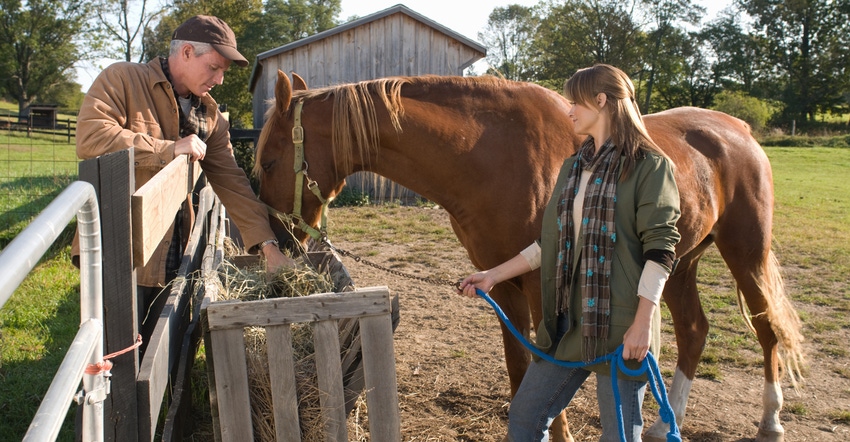
As an equestrian enthusiast, you understand the importance of proper nutrition for your horses. Ensuring that your equine companions receive the right balance of nutrients is crucial for their health, well-being, and performance. However, navigating the world of equine nutrition can be overwhelming, with conflicting information and fad diets abound.
That's why we are thrilled to offer a comprehensive course that will help you unlock the secrets of equine nutrition and empower you to make informed decisions about what to feed your horses.
Why Equine Nutrition Matters
The Basics of Equine Nutrition
- Horses are herbivores with a unique digestive system designed for grazing on forages.
- The key nutrients essential for horses include carbohydrates, proteins, fats, vitamins, and minerals.
- Proper nutrition is vital for maintaining optimal health, supporting growth and development, and sustaining energy levels.
The Impact of Nutrition on Performance
- Well-balanced nutrition can enhance your horse's performance in various disciplines, such as racing, show jumping, dressage, and endurance riding.
- Adequate nutrient intake can improve muscle development, stamina, coat condition, and overall athletic ability.
- Poor nutrition can lead to health issues, reduced performance, and a shorter lifespan for your horse.
Understanding Equine Dietary Needs
Forage as the Foundation
- Horses should have access to quality forage, such as hay or pasture, as the foundation of their diet.
- Forage provides essential fiber for proper digestion, promotes dental health, and helps prevent digestive disorders.
- Ensure that forage is free of mold, dust, and toxic plants to avoid respiratory issues and other health problems.
Supplementing with Concentrates
- Concentrates, such as grains and commercial feeds, can be used to supplement the nutrients lacking in forage.
- Choose concentrates based on your horse's age, weight, activity level, and any specific health concerns.
- Introduce concentrates gradually to prevent digestive upset and monitor your horse's response to the new feed.
Feeding Strategies for Different Horses
Feeding Young Horses
- Young horses, including foals and weanlings, have unique nutritional requirements for growth and development.
- Provide a diet rich in protein, energy, vitamins, and minerals to support proper bone and muscle formation.
- Consult with a veterinarian or equine nutritionist to create a balanced feeding program for young horses.
Feeding Senior Horses
- Senior horses may have dental issues, reduced digestive efficiency, and lower nutrient absorption as they age.
- Offer softer, more easily digestible feeds, such as soaked hay cubes or senior feeds, to support senior horse health.
- Regular veterinary check-ups and adjustments to the diet can help address age-related nutritional challenges.
Sign Up for Our Equine Nutrition Course Today!
Are you ready to take your knowledge of equine nutrition to the next level? Our comprehensive course will cover everything you need to know to optimize your horse's diet and well-being. From understanding the role of nutrients to creating personalized feeding plans, you'll gain valuable insights that will benefit your horses for years to come. Sign up today and unlock the secrets of equine nutrition!
0 Comments